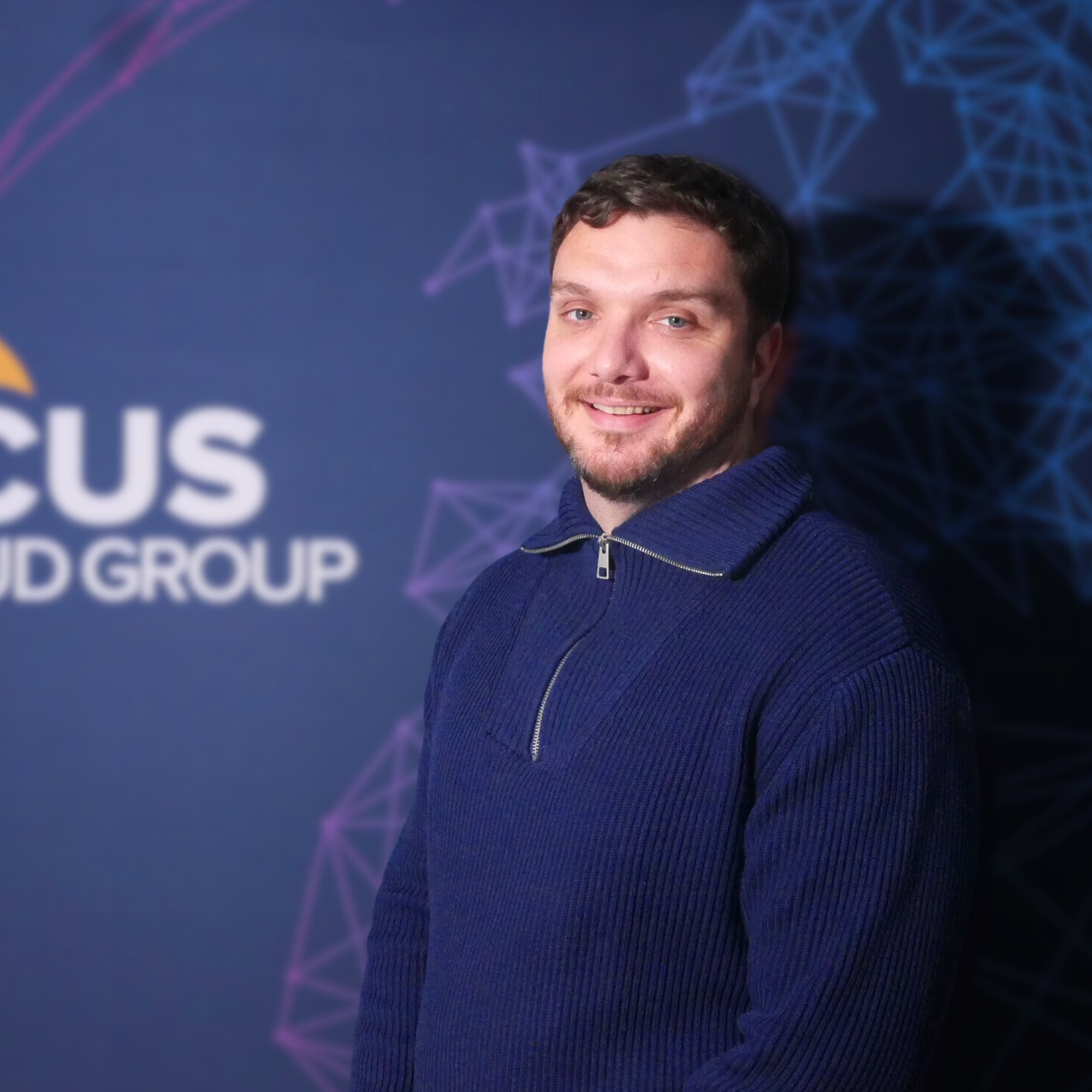
Here at Focus on WD, we strive to keep you in the loop, bringing you expert opinions and up to date market knowledge.
This week, we spent some time with Gert van Veen, Workday® Subject Matter Expert (SME), and Workday® Financials specialist.
Gert started his career as a Developer/Consultant for domestic Dutch finance systems. He has experience as a Product Manager, Project Manager and VP ERP solutions in international markets. Gert moved into the PeopleSoft space prior to entering the Workday® ecosystem. He has been a Workday® Financials Specialist since 2015.
As a Workday® Financials SME, Gert helps accounting teams understand Workday® concepts, so they can make informed design decisions. He also provides support in the more technical workstreams, such as reporting, integrations and data conversion.
We asked Gert about all things Workday® Financials, so if you’re looking to specialise in Workday® Financials, or become an SME yourself, you’re in the right place.

What advice do you have for somebody wanting to start their career in Workday® Financials?
A great place to start is by seeking employment with a Workday® Implementation Partner, or Workday® itself. This way, you’ll receive training in the product, and learn how a Workday® Financials implementation is organised. Alternatively, getting involved from the End-User side of a Workday® project will also offer you a good introduction to Workday®.
Often, a move to the support organisation following a project is very useful for building your Workday® experience.
Is a finance background essential to go into Workday® Financials?
Yes, for an Independent Consultant, a finance background is of added value. Implementation Partner Consultants often have limited knowledge of the product, and focus on one or more functional areas. As an Independent Consultant, you need go a little deeper than this, so having a finance background makes it much easier to understand the business requirements for your client, and to translate this information into Workday® business process definitions.
Are there transferable skill sets from other finance systems/products, and do they offer a good route into Workday® Financials?
From a functional perspective, yes. Any skills gained when using other finance products or systems, or working on implementation projects for these, will give you a certain level of understanding of the functional concepts of Workday® Financials. From a technical perspective, there are fewer benefits. The technical concepts of Workday® are unique, so your skills may not translate as well from one technology to the other.
However, any experience in writing design documents, for example reports, integrations and data conversions, will help with your transition to Workday®.
Does a Workday® Financials Consultant need to know everything there is to know about Workday® Financials?
In an ideal world, I would say yes, but realistically this is simply impossible.
Consultants can expand their knowledge by getting involved in all areas of at least one business process stream (O2C, P2P, R2R), including the Finance Accounting area itself.
PSA implementations are on the rise, so PSA knowledge would be a great string to add to your bow. However, this requires a lot of experience, as it touches on a lot of functional areas, including HCM and Project Admin.
Which is the best type of organisation for gaining Workday® Financials experience?
As I mentioned earlier, Implementation Partners offer great experience in Workday® implementations. I would say the Partner route is preferable, as you will gain more insights and product knowledge.
Workday® also organises internal professional conferences for Partners, where the knowledge-sharing is broader than that given to Workday® Customers at Customer conferences.

As a SME, what are the most common queries you get about Workday® Financials implementations?
I get a very broad range of queries. Your clients may expect you to know everything. This is why it is so important for an SME to manage their clients’ expectations during the hiring process.
Frequent questions I get asked are in the area of multi-currency processing, consolidations and, of course, in the area of report writing, data conversion and possible integrations.
How do you solve these queries?
There is no simple answer. A lot of problem-solving comes from experience, but also by exploring the Workday® community. There is so much information out there, with suggestions that can be tested in implementations or demo tenants.
Where do you think the biggest gap in knowledge for a Workday® Financials Consultant is?
This, of course, varies by Consultant. In general, you never know what to expect from a new customer project. If you think you have seen it all, you still might be surprised!
Customers are very much hooked to their legacy systems, and expect to see similar results and outcomes from Workday®. This can create a gap in knowledge for the Consultant because you don’t know the legacy system or how it was implemented. For an Independent Consultant, the biggest gap in knowledge might be in a functional area, so you need to gain extensive knowledge of the full business flow. Expanding your knowledge of functional areas will help you be able to cover this.
What can they do to fill this gap in knowledge?
As a Partner/Workday® Consultant, you have to stay tuned-up, and complete your half-yearly certifications. As a Customer Consultant, you can follow the Pro training program if your employer offers this. But, unfortunately, if you leave the organisation, you will lose access to those programs and related training resources.
Personally, I never felt that I missed a lot of training and development as an Independent Consultant. There is a lot of information available for new functionalities that you can access as a Customer team member. As your experience with Workday® grows, it becomes easier to understand the concepts and get familiar with the system.
And finally, how do you feel the industry has changed in recent years?
Working remotely has become much more widely accepted. Although remote working has its benefits, it is sometimes hard to get your point across during a video chat.
The industry is looking for ways to increase the speed of implementations by using predefined configuration sets. However, in my experience, this does not work as well for Finance implementations as it does for HCM implementations. It sells well, but deploys badly (with consequences for the Workday® Customer).
Want to hear more from the Workday® experts? You can stay up to date on the Workday® ecosystem, hear from the experts, and find out about available Workday roles by following us on LinkedIn. You can also get in touch for a confidential discussion with our Workday® Recruitment Specialists, whether you’re hunting for a new role or not.



